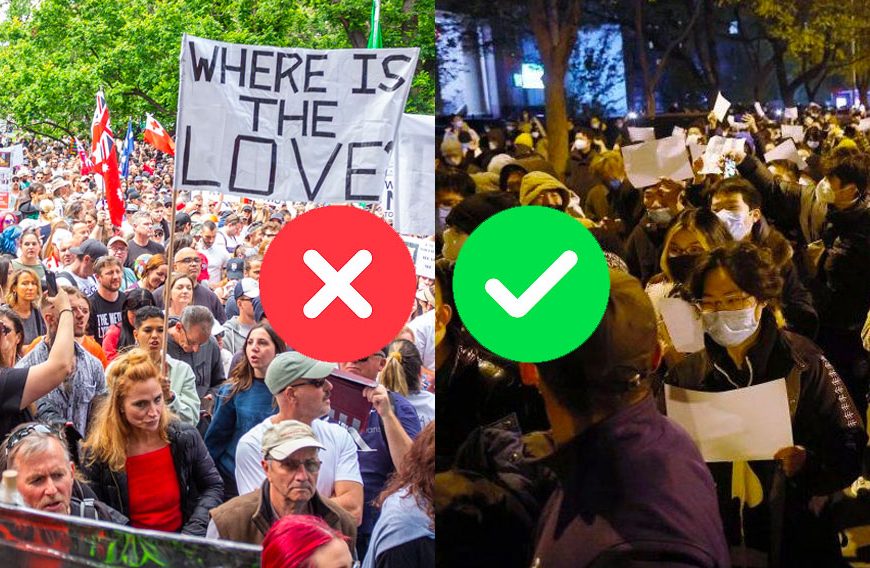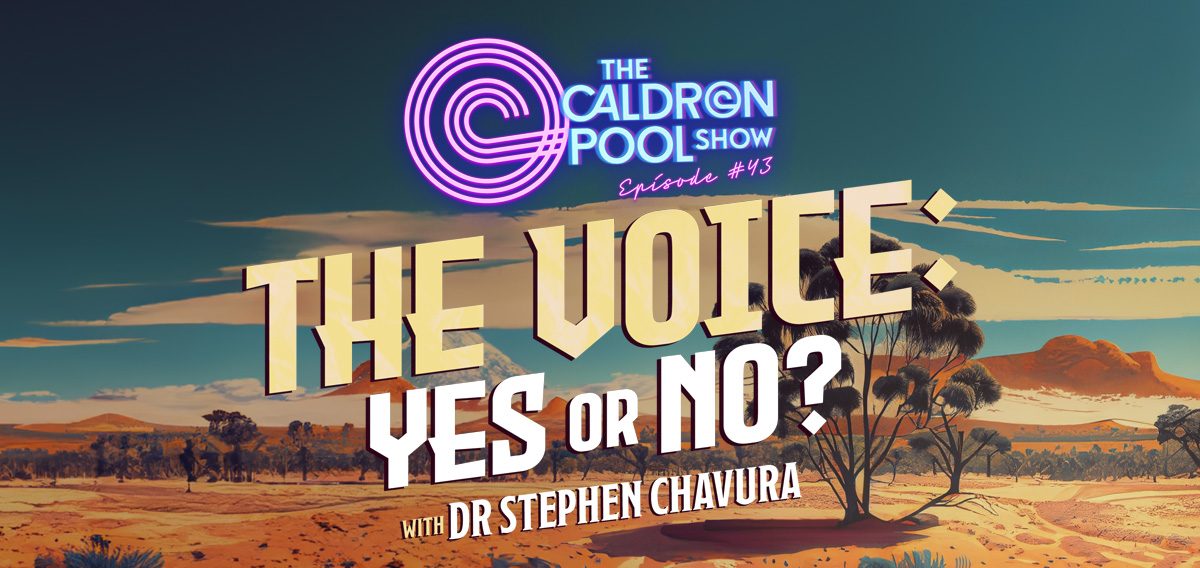Religion and politics: the two things we are not supposed to discuss in polite society. Yet they are among the most talked-about topics around. And in less than three weeks Australians will go to the polls to determine if Scott Morrison and the Liberals and Nationals remain in power, or if Anthony Albanese and Labor and the Greens get into government. So millions of more words have been spoken and written about these matters of late.
As to the May 21 election, neither of the two main options is very promising or appealing. Perhaps the best we can say about a Morrison reelection is that will be a bit less bad than an Albanese win. But peruse our recent Christian Values Checklist to see where eight political parties stand on key issues.
Here I wish to offer much more broad thoughts about elections in particular and religion and politics in general. These sorts of thoughts I have expressed before, often after the results of an election become clear. But they are worth repeating, as many Christians are rightly concerned about this election and how things might pan out.
So a few obvious points to start with. Politics cannot save – only Jesus can. Jesus said, “My kingdom is not of this world. If it were, my disciples would fight for it” (John 18:36). And he meant it. Regardless of who you think should win in a few weeks’ time, the Kingdom of God will not be brought in through the election, come May 22.
Having said that, there is a place to endorse or prefer some political parties and political candidates. Some are better than others. So it is still important to try to get somewhat better governments elected while keeping out somewhat worse ones. That is about all we can hope for in a fallen world.
Moreover, my view on the place of a good politician or head of state, in particular, is like my view of government in general: they cannot bring about righteousness, per se, but they can restrain evil. Good government, that is, cannot produce virtuous citizens, but it can curtail evil ones. A great political leader cannot produce righteousness in his subjects, but he can go a long way in limiting evil.
As has been said, a cop cannot make a citizen a saint, but he can lock up an arsonist or rapist. The biblical role of the state is to maintain justice, ensure order, and punish wrongdoers. Only a changed heart brought about by Christ through faith and repentance can really change a person from the inside out. But good governments – those stressing justice and righteousness – are a blessing of God, and are worth trying to see established.
A recent book on Calvin’s political theology by Matthew Tuininga speaks to these matters:
Calvin understood that, in the real world, magistrates must often tolerate both heresy and sexual immorality. The civil law, he maintained, cannot establish spiritual righteousness. It must tolerate sin due to the hardness of human hearts, and sometimes it must even regulate sinful practices so as to mitigate their most destructive consequences. Thus while liberal societies appropriately fall under criticism for a host of moral failings with respect to fostering community, promoting virtue, protecting life, defending the rights of the poor, caring for the environment, and more, these failings should not come as a surprise, let alone discourage Christians from political involvement. Civil government is not the kingdom of Christ, Calvin would remind us, nor should we try to make it so. The state does not lose its legitimacy when it fails to meet the highest moral standards of the law of God (even though it does nullify its authority at the point that it requires its citizens to violate justice or piety).
And just like almost every single important Christian thinker who is concerned about politics and society, Calvin owed much to Augustine. We would all be very much deficient today in our thinking about politics, society, law, ethics and Christianity if Augustine had not lived.
The importance and influence of his thought cannot be overestimated. So it is worth looking at what he had to say about these matters. Another new book (also from Cambridge University Press and therefore also a bit pricey) is a volume by Paul Miller. While it is on just war theory, in particular, he looks at the broader issue of ordered liberty which was a key thought of Augustine.
Augustine was one of the first Christian thinkers to look carefully and in-depth at how New Testament ethics relate to life in society and the political realm. He knew that love of neighbour (part of the great commandment given by Jesus) involves not just individuals, but all of society. That is, politics is also concerned about how we see love of neighbour played out. Augustine spoke much to this truth. Says Miller:
Nature impels us to pursue justice corporately as well as individually. The purpose of the state is to do justice, without which the state’s coercion and violence is mere criminality. As Augustine famously put it, “Justice removed, then, what are kingdoms but great bands of robbers?” The only thing that distinguishes the state from organized crime is its claim to wield force for justice and the common good, not for private gain….
Augustine does not equate earthly government with the City of Man. The latter is an eschatological concept; the former is a daily reality. Earthly government, ruling over both the saved and the damned, has a specific commission from God to pursue earthly peace and justice for all during our earthly sojourn. The damned value peace as an end in itself, while the saved have need of peace to do the work of the Great Commission, to spread the Word of God to the ends of the earth. Regardless, the common ground between the saved and damned is our mutual need for earthly peace. Peace is key to Augustine’s thought on war and the state. It is the term he uses for the “Final Good” of human life, the ultimate goal at which all action aims. Peace is the right ordering of things. Peace between people is “ordered agreement of mind with mind.” While perfect peace will only be present in the City of God, government is the rightful authority for upholding the best approximation of peace achievable in this life, which Augustine clearly believes will always be flawed, partial, and fleeting but valuable nonetheless.
He continues:
Augustine defines peace, justice, and order in terms of each other, and even seems to equate them or suggest they come in tandem. Order is the arrangement of each thing in its place; justice is rendering to each his due, and peace is the ordered concord of the whole, which is only possible when each thing has its place and is given its due. Because true peace requires the right ordering of things, those who reject the right order cannot be said to be at peace: “In comparison with the peace of the just, the peace of the unjust is not worthy to be called peace at all.” For Augustine, the only peace worthy of the name is a just and lasting one. Augustine’s arrangement of peace, justice, and order as mutually constitutive is a cornerstone of his thought and a distinctive feature of the Augustinian tradition.
So what does all this have to do with Australia’s upcoming election? Not much, some will think. But here we have some of the important biblical themes and a much-needed framework with which to assess politics, life in society, and even how we might vote in elections.
What Augustine and others have held up as an ideal is seldom obtainable and never fully realised in a fallen world. But it does offer us a target that we can aim for. It does help contemporary believers see the bigger picture of what the state is all about – or should be all about – and what our political leaders should be striving for.
Pagans may simply yearn for peace, usually so they can go on living their own selfish lives, but peace with justice is the real aim of good government. Sure, particular policies and platforms need to be looked at and assessed. But we should consider all these matters (including the 19 issues we raise in the checklist mentioned above) in light of these grander themes and more important visions of what the good state looks like from God’s point of view.


















